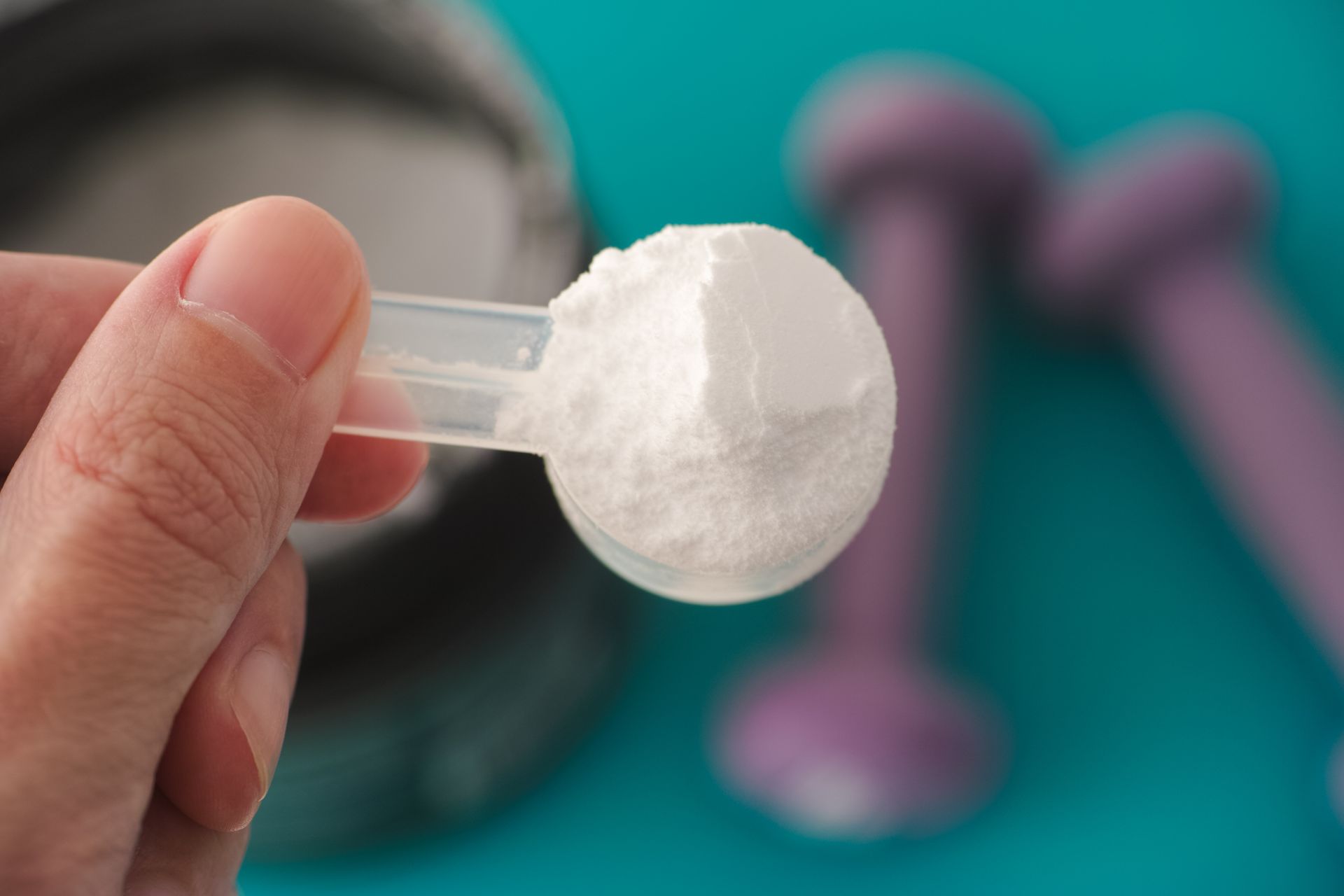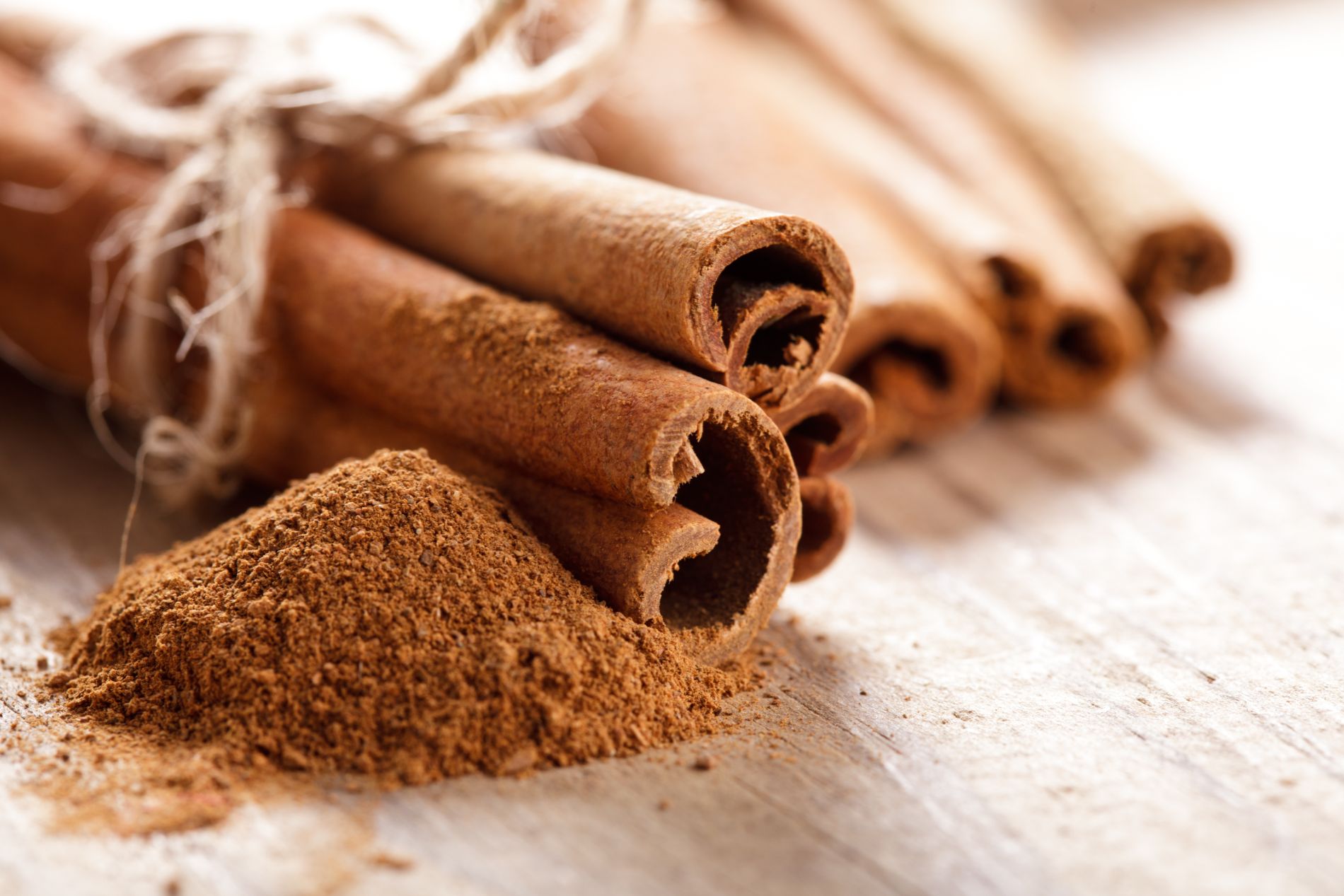
Until recently, BCAAs were one of the most widely used dietary supplements among professional and amateur athletes, and even more so among those who regularly train at the gym. Until a decade ago, many bodybuilders considered BCAAs to be an important dietary supplement for supporting the development of muscle mass and strength, as well as markedly accelerating post-workout recovery. Today, however, there is increasing talk that the use of BCAAs is unnecessary for the vast majority of people, as they are present in large quantities in animal protein.
BCAAs - what are they?
Many young people just entering the sports environment wonder what BCAA is, what it gives and whether it really works. Well, BCAAs, well known among athletes as branched-chain amino acids, are a group of three essential (essential) amino acids for humans, since the human body does not have the ability to produce them on its own and therefore they must be supplied on an ongoing basis with food. BCAAs include leucine, isoleucine and valine. As it turns out, BCAAs account for nearly half of the essential amino acids in food and more than a third of the total essential amino acids in skeletal muscle proteins. BCAAs, as their name implies, have branched aliphatic side chains. The site of breakdown of BCAAs in the human body is mainly skeletal muscle, while the other amino acids are broken down in the liver.
BCAAs - what do they give?
BCAAs perform a variety of functions in the human body, and their proper intake provides certain benefits not only for people who practice sports. Leucine counted among the BCAAs, to the greatest extent of all essential amino acids, stimulates the process of muscle protein synthesis, so it plays an important role in the process of building muscle mass and shaping an athletic physique. In addition to stimulating muscle protein synthesis, BCAAs have an indirect effect on the production of serotonin, as a result of which they can have a beneficial effect on a person's mood. Besides, BCAAs regulate the secretion of other neurotransmitters, especially dopamine and norepinephrine, as well as hormones such as insulin, glucagon and growth hormone. This means that BCAAs are involved in numerous metabolic changes that are constantly taking place in the human body. It has also been suggested that BCAAs may have a positive effect on immune system function, especially during periods of very hard training. In addition, during prolonged high-intensity exercise, BCAAs are captured by intensely working skeletal muscles and in some situations (such as glucose deficiency) may provide an important source of energy for them. BCAAs can also reduce delayed post-workout muscle soreness (known as DOMS, erroneously referred to as sours) and lower the concentration of skeletal muscle damage markers in the blood, thereby improving post-workout recovery in professional and amateur athletes. To top it off, BCAAs may also help reduce feelings of mental and physical fatigue when undertaking prolonged physical exertion (e.g. running, cycling, mountain climbing).
BCAAs - are they worth taking?
The real icing on the cake is the answer to the question of whether BCAAs actually work and whether they are worth taking. BCAAs are still quite commonly used not only by gym regulars, but also by people training in other sports (such as team sports and even endurance sports). It is now well known that the use of BCAAs only causes a submaximal (at 80-90%) increase in the rate of muscle protein synthesis. And in order for the maximum (at 100%) stimulation of protein synthesis in skeletal muscle to occur, all essential amino acids are needed in sufficient quantities, not just three of them in the form of BCAAs. For this very reason, it is much more beneficial for the overall anabolic effect to reach for a good quality protein supplement (e.g. whey protein concentrate or isolate - WPC and WPI, respectively), which contain all nine essential amino acids, including BCAAs.
Besides, due to the fact that BCAAs are present in large quantities in proteins of animal origin, their additional supplementation is unnecessary for all people who regularly consume in their diet such foods as meat, fish, seafood, eggs and milk and dairy products, which already provide adequate amounts of BCAAs. Studies unequivocally show that taking BCAAs does not result in greater gains in muscle mass and strength when sufficient protein is supplied with the diet each day, namely 1.6 to 2.2 grams for each kg of total body weight. BCAAs may work best (i.e. increase the rate of muscle protein synthesis) when consumed with a meal that contains insufficient amounts of all essential amino acids, such as in people on an all-plant diet. Nevertheless, even in this situation, the stimulation of muscle protein synthesis will have a lesser effect, compared to the consumption of an adequate amount of protein with high biological value, such as whey protein.
So, as you can see, it is difficult to find arguments that BCAAs are worth including in the list of the most important dietary supplements when our goal is to develop strength and muscle mass and improve sports performance. As proof of this, the Australian Institute of Sport has classified BCAAs in Group C, i.e. dietary supplements that do not have sufficient scientific evidence to support their effectiveness in sports.
Sources:
- Drywien M.E., Dźwigała J., Staszewska-Skurczyńska M.: The importance of branched-chain amino acids in human nutrition and the prevention and course of certain diseases. General Medicine and Health Sciences, 2013, 19, 3, 379-384.
- Wolfe R.R.: Branched-chain amino acids and muscle protein synthesis in humans: myth or reality? J Int Soc Sports Nutr. 2017 Aug 22;14:30.
- Fouré A., Bendahan D.: Is Branched-Chain Amino Acids Supplementation an Efficient Nutritional Strategy to Alleviate Skeletal Muscle Damage? A Systematic Review. Nutrients. 2017 Sep 21;9(10):1047.
- Rahimi M.H., Shab-Bidar S., Mollahosseini M., et al: Branched-chain amino acid supplementation and exercise-induced muscle damage in exercise recovery: A meta-analysis of randomized clinical trials. Nutrition. 2017 Oct;42:30-36.
- Holeček M.: Branched-chain amino acids in health and disease: metabolism, alterations in blood plasma, and as supplements. Nutr Metab (London). 2018; 15: 33.
- Fedewa M.V., Spencer S.O., Williams T.D., et al: Effect of Branched-Chain Amino Acid Supplementation on Muscle Soreness following Exercise: A Meta-Analysis. Int J Vitam Nutr Res. 2019 Nov;89(5-6):348-356.
- Khemtong C, Kuo CH, Chen CY, et al: Does Branched-Chain Amino Acids (BCAAs) Supplementation Attenuate Muscle Damage Markers and Soreness after Resistance Exercise in Trained Males? A Meta-Analysis of Randomized Controlled Trials. Nutrients. 2021 May 31;13(6):1880.
 ⮜ Previous article
⮜ Previous article
Cinnamon as a miracle spice
 Next article ⮞
Next article ⮞